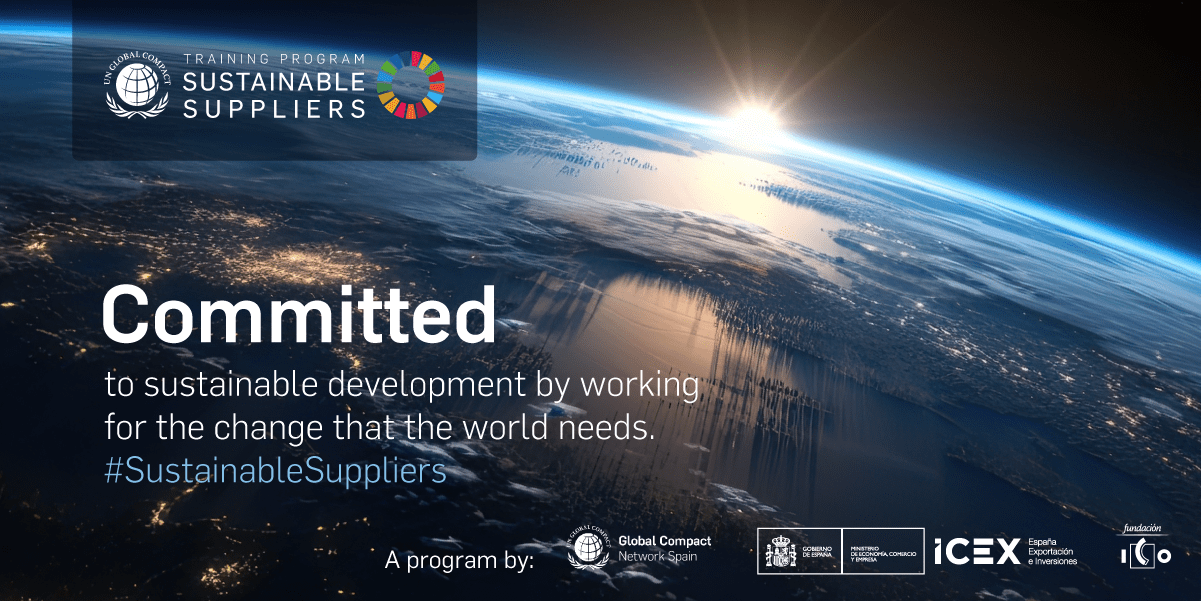BBLTranslation took part in #SALOUCONGRESS2024, an event dedicated to exploring the role of tourist municipalities as climate refuges. Organised by Salou City Council, the convention was held on 19 November 2024, bringing together experts, businesses, and government representatives to discuss critical topics such as sustainability, innovation, and the impact climate change on tourist destinations.
The programme featured a number of panel discussions, including:
Climatology and Tourism
This panel explored how tourism is addressing the challenges of an ever-changing climate as well as the impact of extreme temperatures and severe weather events. Tourist destinations are adapting to these challenges through sustainable measures and mitigation strategies, which require a collective effort from the whole of society.
Transforming Tourism Establishments into Climate Refuges
This discussion highlighted how tourism and leisure establishments are becoming authentic climate refuges, providing a full range of services for visitors. It looked at how businesses in the tourism industry integrate sustainable practices into their strategies which don’t just benefit the environment, but also improve the quality of life in local communities. Additionally, the panel explored how experiential tourism industry can raise awareness of climate change. As a supplier to tourism establishments on the Costa Dorada, such as PortAventura World and INFINITUM, among others, at BBLTranslation we have reaffirmed our commitment to sustainability by becoming a certified sustainable supplier. We are proud to support our clients in achieving their scope 3 objectives, helping us to reduce indirect emissions through high-quality translation and communication services with a minimal environmental footprint. In this regard, we have prioritised several SDGs in our business strategy, particularly SDG 12 (Responsible Consumption and Production) and SDG 13 (Climate Action).
In line with Principles 7,8 and 9 of the Global Compact, at BBLTranslation we have implemented:
- A translation project management tool which not only optimises efficiency, but also minimises the use of resources.
- Staff training on how to reduce unnecessary emails, communicating everything that needs to be said in a single message, thus avoiding superfluous emails and consequently reducing our carbon footprint.
- A remote working policy that promotes work-life balance while avoiding commuting and reducing pollution.
Managing Public Spaces and Sustainable Mobility to Address Climate Change
This panel addressed how urban and public space management are essential to cope with adverse weather conditions. Notable talking points were: the promotion of green mobility, the preservation of natural environments, the creation of green spaces, and the construction of protected areas and inclusive infrastructures, adapted to both citizens and visitors. Among others, cities like Barcelona, Copenhagen, and Singapore are already putting innovative solutions in place to build more resilient tourism environments.
Legal and Regulatory Framework for Climate Adaptation
This discussion analysed adaptation plans, laws, and regulations affecting the by-laws of tourist municipalities. The European Climate Law and the European Green Deal set out the EU’s goal to become climate neutral by 2050 and to reduce emissions by 55% by 2030. In Spain, Law 7/2021 and the National Plan for Adapting to Climate Change 2021-2030 were noted for promoting adaptation to climate risks and the reduction of emissions.
Smart Water Management, Decarbonisation / Defossilisation, and Energy Optimisation
The debate highlighted how industry and tourism can collaborate to tackle climate change, focusing on decarbonisation, efficient water generation and management, as well as optimising energy. Improving water treatment and supply, identifying suitable energy sources for tourism infrastructure, and applying efficient transport technologies are key measures to reduce emissions and enhance the sustainability of cities and municipalities that receive high levels of tourism.
Raising Awareness: Adapting Tourism to Climate Change
This panel emphasised the need for tourism municipalities and their establishments to provide clear and up-to-date information to tourists, enabling them to enjoy alternative activities during adverse weather. Nowadays, safety and comfort are essential as climate phenomena such as extreme temperatures or other adverse weather conditions can cause the people to cancel their bookings or, in turn, have them rejected. Offering a variety of destinations in our territory that promote control and well-being during stays will generate positive demand. It is essential to show the reality faced by travel managers, highlighting that destinations are healthy, sustainable and safe. This perception could even generate a badge of confidence, becoming a decisive factor in the supply and demand of the tourism sector.
Law Enforcement Agencies Face the Extreme Effects of Climate Change
This panel presented the strategy and coordination of State Security Forces. The National Plan for Adapting to Climate Change 2021-2030 improves resilience and response to extreme weather. The Department of National Security recognises climate change as a threat and is working to strengthen climate management, devise adaptation strategies, as well as developing a plan to unify regional and central police action protocols.
Strategic Planning for Adverse Weather in Tourist Municipalities
The panel focused onhow tourist municipalities are developing public safety plans to support Civil Protection, local and port police, fire brigades, and clean-up teams. These plans aim to improve preventive and operational coordination in collaboration with state security forces.
Sustainability is not just a business value, but a core focus of our operations. From adopting digital processes to partnering with customers committed to responsible practices, we ensure every project contributes to environment care.
Salou Congress: A Space for Building the Future of Tourism
#SALOUCONGRESS2024 addressed the challenges and opportunities for tourism municipalities in a climate-affected world. The event emphasised designing strategies to transform these places into models of resilience, sustainability, and well-being for both residents and visitors alike.
Our team provides language and communication solutions to amplify messages promoting sustainability, connecting businesses and communities in this global effort.
Call to Action
BBLTranslation invites all our partners and collaborators to join next year’s congress. This is a key space for dialogue, innovation, and working together towards more sustainable and environmentally conscious tourism.
For more details about the event and how to participate, visit the official website: SALOUCONGRESS2024
We’ll see you at Salou! Together, we can build a greener and more sustainable future.




